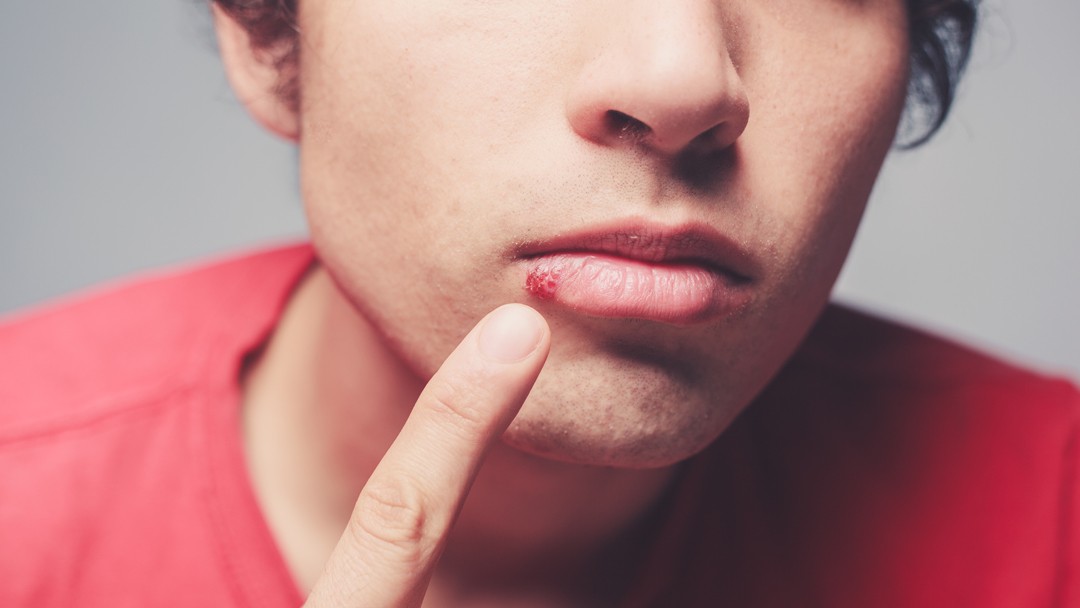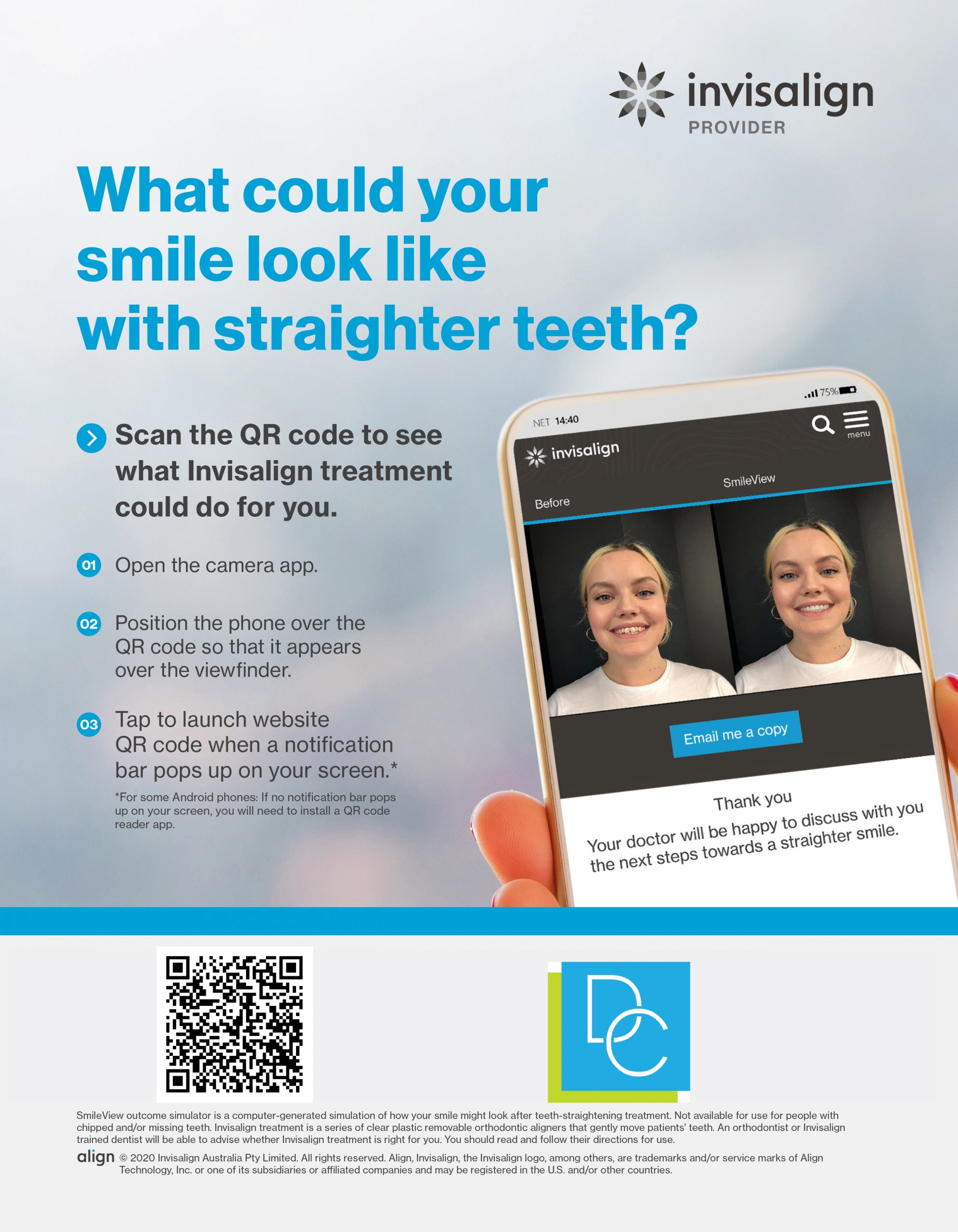- December 2023
- April 2022
- March 2022
- February 2022
- January 2022
- November 2021
- October 2021
- September 2021
- August 2021
- July 2021
- January 2021
- December 2020
- November 2020
- October 2020
- September 2020
- August 2020
- July 2020
- June 2020
- May 2020
- April 2020
- March 2020
- February 2020
- January 2020
- December 2019
- August 2019
- July 2019
- June 2019
- May 2019
- April 2019
- March 2019
- February 2019
- January 2019
- December 2018
- November 2018
- October 2018
- September 2018
- August 2018
- July 2018
- May 2018
- April 2018
- March 2018
- February 2018
- January 2018
- November 2017
- October 2017
- September 2017
- August 2017
- July 2017
- June 2017
- April 2017
- March 2017
- January 2017
- October 2016
- October 2015
- September 2015
- August 2015
What to Expect from Your Cold Sore
15 February,2018It is that time of year where cold sores start to thrive, and if you suffer from these then you know how painful and irritating they can be. For those that have never suffered from cold sores before, there are a few things to prepare yourself for that will make the process easier.
Stage 1: Burning
The first tell-tale signs of a cold sore is the tingling stage. It often starts on the first day of the cold sores lifecycle and is characterised by the itching or burning sensation it causes under the skin.
If you start to notice this feeling under the skin, then it is a good time to add antiviral cream to the area. This can not only help ease the symptoms but can also propel healing time.
Stage 2: Blistering
On the second or third day of a cold sore is when the blistering starts to appear. These are often small clusters of fluid filled blisters developing on the edge of the lips. They are also common on the nose or cheeks.
Stage 3: Weeping
It is on day four that these blisters that have formed start to weep. The bursting of these blisters often causes open sores, or ulcers, to be left behind. This is when the cold sores are most contagious, so it is important to refrain from sharing drinks or food, and to wash hands after contact.
Stage 4: Drying
After the weeping stage finally comes the drying stage, whereby the blisters have emptied and start to crust over. This can happen as soon as a day after the weeping, or up to 5 days after the weeping stage. These are not to be picked by the individual and should be left to fall off naturally.
Stage 5: Healing
Finally, we have reached the final stage of the cold sore- the healing stage. This is often the end of the nine-12-day cycle of the cold sore. This is where any scabs should start to come off and be replaced by smaller scabs that should heal within four weeks. No scars should be present, but it is worth noting again that cold sores can be reoccurring if you are susceptible to the herpes simplex virus type one (HSV-1).
One common problem when an individual is faced with a cold sore is little motivation to clean teeth, due to the pain it may cause. It is highly important, however, to keep up with regular oral hygiene during this period. After the sore goes away, replace the toothbrush to avoid older germs resettling and causing another sore to appear. For more information, talk to the experts at Dental on Clarendon.


